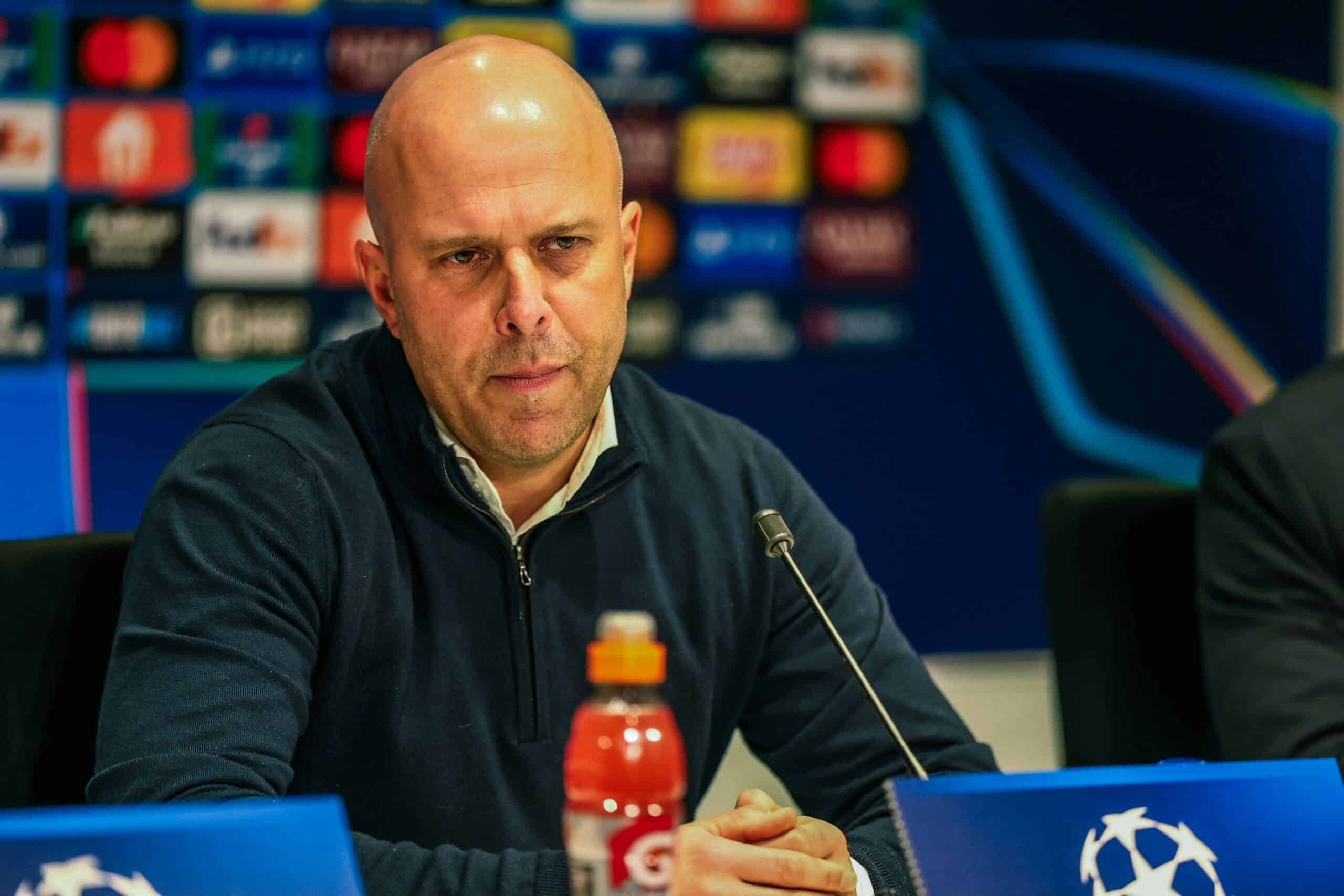PSV Form Shapes Champions League Challenge
Liverpool enter their upcoming Champions League fixture knowing they must find stability after a stuttering opening to the campaign. Domestic struggles have left supporters anxious, yet Europe still offers a viable route to restore momentum. Their next opponents, PSV Eindhoven, arrive in outstanding condition and represent a far sterner test than many might assume at first glance.
PSV Momentum Drives Confidence
On paper, Liverpool may see opportunity in facing PSV, but performance data from the Dutch side paints a far more complex picture. Under Peter Bosz, PSV have surged to the top of the Eredivisie and hold a six-point cushion. Their consistency has been remarkable: only two defeats across all competitions so far, one in the league back in August and one in the Champions League a month later.
Their response since that setback has been emphatic. Eight wins and three draws have followed, including a statement 6-2 victory over Napoli in Europe. That remains their sole Champions League win this season, but it underlines their capacity to trouble elite opposition when given space and confidence.
PSV sit on five points from their opening four group fixtures, and given Liverpool’s current trajectory, they will travel believing there is real opportunity to strengthen their position.

PSV Attack Creates Tactical Concerns
Liverpool’s defensive issues have been well documented, with 20 goals conceded in the Premier League already. That statistic will not go unnoticed by a PSV team built around relentless forward play.
Bosz’s side have scored 41 goals in just 13 Eredivisie matches, alongside nine in their four Champions League outings. Their vertical, aggressive style poses clear problems for any opponent lacking defensive structure or rhythm.
The standout performer so far has been Guus Til, who leads PSV’s Eredivisie scoring chart with nine goals. His movement between lines and ability to finish quickly in the penalty area make him a direct threat, particularly against a Liverpool defence still searching for consistency.
Liverpool’s Need for European Response
While their Premier League campaign has faltered, Liverpool’s European pedigree remains strong. Last season brought only a single Champions League defeat—ironically to PSV—and that came after qualification had already been secured. Their record over the past decade shows repeated deep runs, and that remains the expectation even during periods of transition.
This fixture therefore carries significance beyond the group table. It offers a chance to rebuild belief, reassert competitive standards and halt the worrying run that has seen them lose eight of their last 11 matches.
PSV’s form ensures the task will be demanding, but it also provides the type of high-pressure environment in which Liverpool have often rediscovered their identity.
Outlook for a High-Intensity Encounter
Given the statistical contrast—PSV’s attacking fluency versus Liverpool’s defensive fragility—a high-scoring contest appears plausible. Much will depend on Liverpool’s ability to regain control in midfield, restrict space for PSV’s runners and rediscover the intensity that has historically defined their European performances.
With both sides still in contention to progress, the contest carries weight and narrative. For Liverpool, it may be a turning point. For PSV, it is a chance to reinforce growing belief that they belong in the latter stages of the competition.




